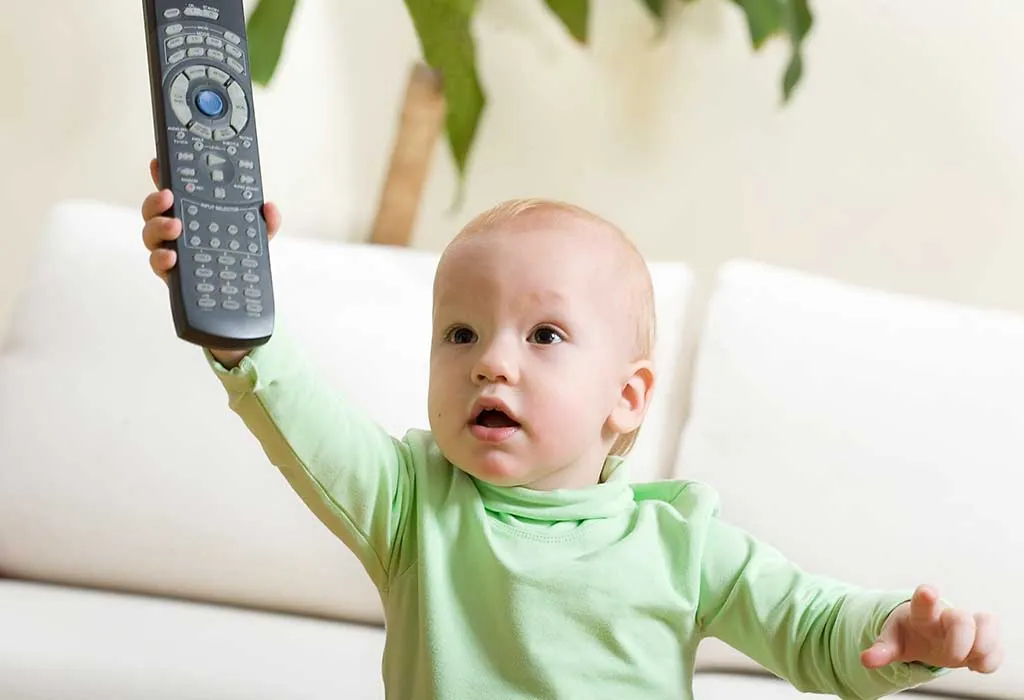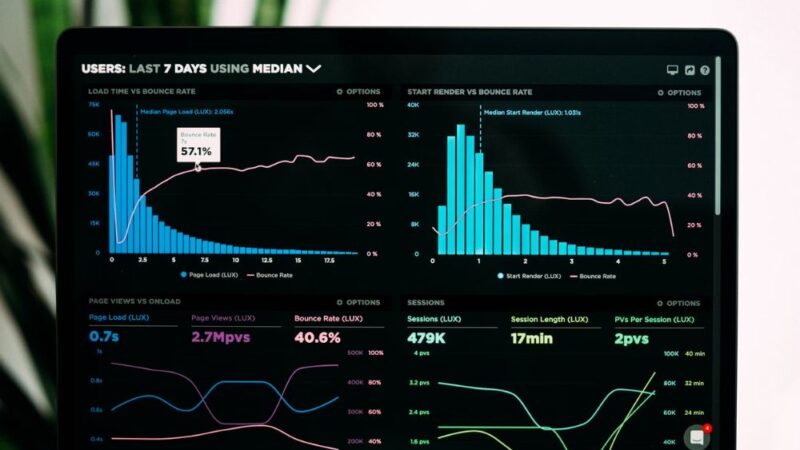The Impact of Babies Watching TV: Understanding the Risks and Recommendations

Television has become a ubiquitous part of our modern lives, and it is not uncommon for babies and young children to be exposed to screens at an early age. While some parents may believe that TV can be educational or entertaining for their infants, it is important to understand the potential risks associated with babies watching TV and make informed decisions regarding screen time. Let’s delve into the topic and explore the impact of babies watching TV.
- Limited Cognitive Development: Infants learn best through active engagement with their environment, such as exploring objects, interacting with caregivers, and engaging in sensory experiences. Passive screen time, like watching TV, does not provide the same level of interaction and stimulation. Excessive TV exposure may limit opportunities for cognitive development, language acquisition, and social interactions.
- Delayed Language Development: Language development in infants relies heavily on human interaction and face-to-face communication. TV viewing does not offer the same level of social engagement and interactive language experiences as real-life interactions. Studies have suggested that excessive screen time during infancy and early childhood may be associated with delayed language development.
- Disrupted Sleep Patterns: The blue light emitted by screens, including TVs, can interfere with the production of melatonin, a hormone that regulates sleep. Exposure to screens close to bedtime may disrupt babies’ sleep patterns and make it more difficult for them to fall asleep or stay asleep. Establishing a consistent bedtime routine without screen time is recommended for promoting healthy sleep habits.
- Attention and Behavioral Issues: Excessive TV exposure during infancy and early childhood has been linked to attention problems and behavioral issues later in life. Babies who watch TV for extended periods may become more easily distracted, have difficulty focusing, and exhibit shorter attention spans. It is crucial to prioritize active play and interactive experiences over passive screen time for optimal brain development.
- Missed Developmental Milestones: Babies who spend a significant amount of time watching TV may miss out on important developmental experiences. Active play, exploration, and engaging with caregivers and the surrounding environment are vital for the development of motor skills, sensory integration, and social-emotional growth. Excessive screen time may limit opportunities for these crucial developmental milestones.

Given these risks, experts recommend limited or no screen time for babies under 18 months old, except for video chatting with loved ones. For children aged 18 to 24 months, if screen time is introduced, it should be limited to high-quality educational content and accompanied by active parent-child engagement. As children grow older, screen time should be carefully monitored and balanced with other activities that promote healthy development.
Parents can create a screen-free environment for their babies by engaging in activities such as reading books, playing with age-appropriate toys, singing songs, and talking to their little ones. Promoting face-to-face interactions, providing a variety of stimulating experiences, and encouraging active playtime are essential for optimal development during the early years.
In conclusion, while it may be tempting to use TV as a source of entertainment or educational content for babies, it is important to consider the potential risks and negative impacts of excessive screen time. Prioritizing interactive experiences, human interactions, and age-appropriate activities provides babies with the best opportunities for healthy development and lays the foundation for their future learning and well-being.







